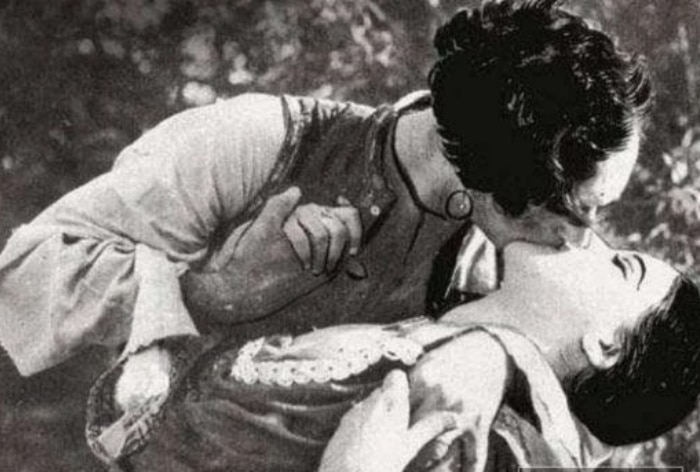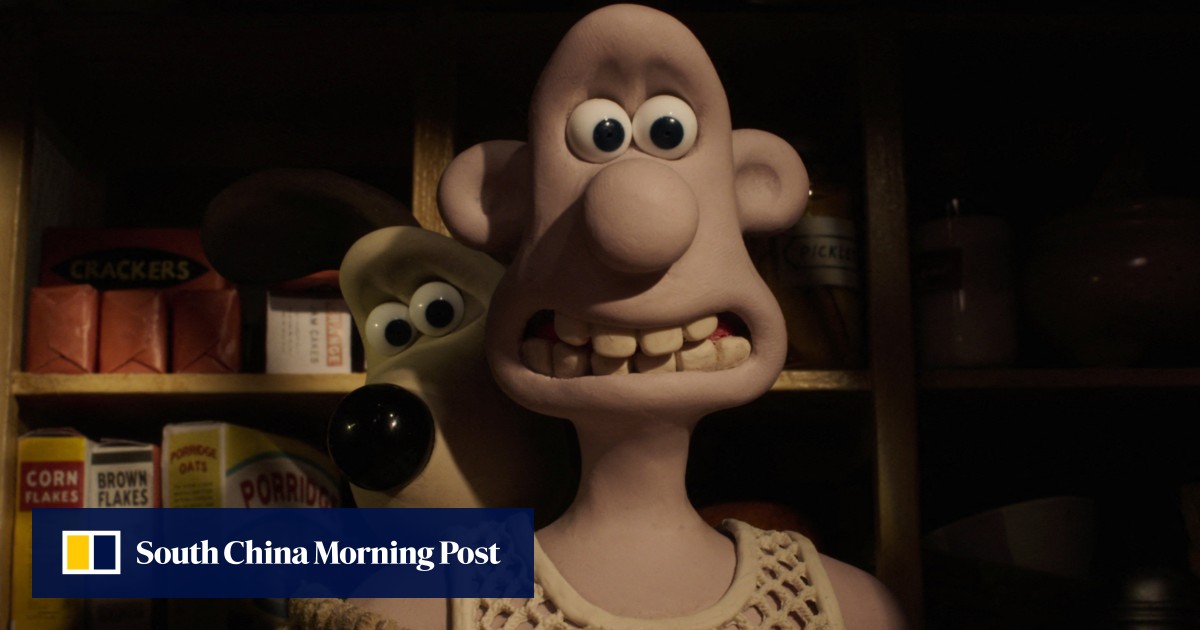This actress won the Dadasaheb Phalke Award, India’s highest honour in cinema for lifetime achievement, in 1973. However, her film was banned for a specific reason.
Bollywood is a diverse place where many actors try their luck, all dreaming of becoming superstars. While most of these actors are Indian, some hail from different countries. The actress we discuss today has Jewish ancestry. Despite her roots in another country, she proved her mettle in the Bollywood industry and was honoured with the Dadasaheb Phalke Award, India’s highest honour in cinema for lifetime achievement, in 1973. We are talking about none other than Ruby Myers. Many believed that the title of Best Actress should go to Sridevi, Vyjanthimala, Naseem Banu, or Devika Rani. However, Myers proved everyone wrong and emerged as a significant star in early Indian cinema.
Ruby was a Jewish actress, though she was born in India. She is better known by her stage name, Sulochana. She was the first Eurasian actress in Indian cinema. In the 1920s, while working as a teenage telephone operator in Calcutta, Myers was approached by Mohan Bhavnani of the Kohinoor Film Company to act in films. Initially, she declined the offer, but Bhavnani’s persistence paid off, and she eventually entered the film industry, making her debut in Cinema Queen in 1926 at the age of 19.
Over the next few years, Ruby became the biggest face in Bollywood. She delivered several hits, including Typist Girl, Balidaan, Madhuri, Anarkali, and Bombay Ki Billi. At the pinnacle of her success, Ruby was regarded as a superstar. Did you know that Ruby started her career as a silent film artist? Yes, you read that right! Despite knowing languages including English, Yiddish, Hindi, and Urdu, Ruby became a silent actor, which helped her gain fame. Later, in 1931, when talkies arrived with Alam Ara, Ruby, aka Sulochana, took a year to learn Hindustani. She made a successful comeback with films such as Madhuri and Anarkali, earning over Rs 60,000 annually in the 1930s—one of the highest salaries for any actor in India during that period.
In the 1940s, Ruby continued to work as the lead actress in several films. However, her popularity began to decline slowly due to a series of flops. Her last major film, Jugnu, released in 1947, was banned by the Bombay State’s Home Minister, Morarji Desai, for showing morally inappropriate scenes. The film created controversy even in the 1940s. Following her decline, Ruby began to work as a supporting actress in movies.







